Horizon Europe and ERC Projects
Translated by AI
CoStaMM – HORIZON ERC Consolidator Grant (Consortium Leadership)

The research group leader: Gergely Endrődi
TTK Institute of Physics and Astronomy
E-mail: gergely.endrodi@ttk.elte.hu
The project "Cosmological phase transitions of Standard Model matter and their gravitational wave signatures", launched in January 2025, focuses on the early stages of the Universe's formation, specifically the first microsecond after the Big Bang. During this period, the matter that makes up our world existed in a hot plasma state, which, as it cooled, underwent phase transitions to acquire its present form. These phase transitions can be understood and precisely described by studying the elementary particles that constitute matter, such as quarks and gluons. This requires numerical simulation algorithms running on supercomputers. In the project, researchers will investigate cosmological phase transitions and the gravitational waves they generate using such lattice field theory simulations.
K9VocLearn – HORIZON ERC Consolidator Grant 2023 (Consortium Leadership)
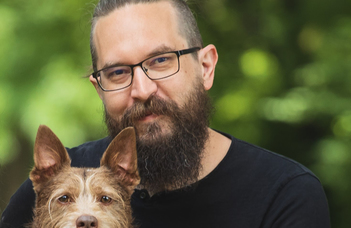
Research Group Leader: Tamás Faragó, Research Fellow
TTK Institute of Biology, Department of Ethology
E-mail: tamas.farago@ttk.elte.hu
Phone: +36 1 372 2500/8898
The project investigates the evolution of vocal learning abilities using dogs as novel model species. Researchers aim to map the vocal repertoire of dogs and examine the ontogeny of different vocalizations. They will also assess the dogs’ vocal learning capacities, with particular attention to differences between breeds and breed groups. The goal is to explore how these factors relate to cooperative abilities, genetic distance from the common ancestor with wolves, and the occurrence of characteristics associated with the so-called domestication syndrome. Understanding the significance of selective pressures may provide insights into the emergence of abilities necessary for human speech development.
Since this is a relatively unexplored field, the research methodology must also be developed. In addition to behavioral tests, researchers will utilize methods already successfully applied at the department, such as non-invasive EEG, functional MRI, behavioral genetics approaches, and high-density diffuse optical tomography. The latter is a new infrared-based brain imaging technique currently being developed at the department to enable its application in dogs.
Conformal EIC – HORIZON ERC Advanced Grant 2022
.jpg)
Research Group Leader: Ádám Kardos
TTK Institute of Physics and Astronomy
E-mail: kardos.adam@ttk.elte.hu
The project "From conformal symmetries and integrability to the Electron-Ion Collider" focuses on the analytical and numerical calculations of precision predictions defined in deeply inelastic scattering at the future Electron-Ion Collider. The goal is to compare these calculations with experimental results obtained at the facility.
IDPfun2 – HORIZON MSCA Staff Exchanges 2023
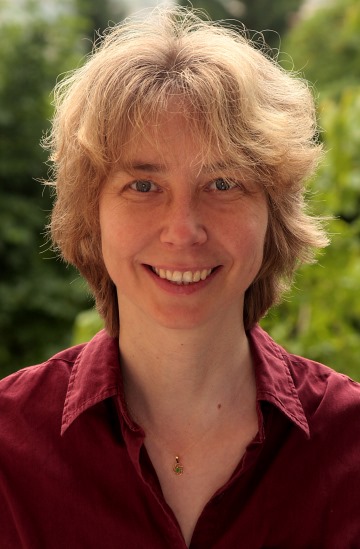 Research Group Leader: Zsuzsanna Dosztányi, Senior Research Fellow
Research Group Leader: Zsuzsanna Dosztányi, Senior Research Fellow
TTK Institute of Biology, Department of Biochemistry
E-mail: zsuzsanna.dosztanyi@ttk.elte.hu
Phone: +36-1-372-2500/8537
Building on the experience of the IDPfun SE (formerly known as MC-RISE) project, the ELIXIR IDP Community, and the ML4NGP COST Action, the IDPfun2 consortium (Integrating novel data, artificial intelligence, and molecular behavior to expand functional characterization of intrinsically disordered proteins) aims to enhance the understanding of IDP functions and their roles in health and disease. By leveraging the expertise of European and Argentinian institutions, the consortium will utilize state-of-the-art computational tools and databases, most of which have been developed by participants of the IDPfun project.
VoCS – HORIZON MSCA Doctoral Networks 2023
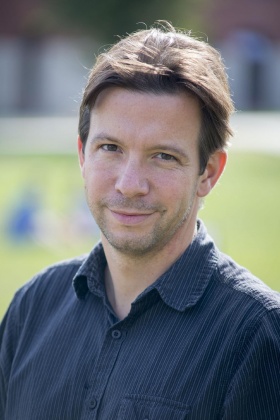 Research Group Leader: Attila Andics, Senior Research Fellow
Research Group Leader: Attila Andics, Senior Research Fellow
TTK Institute of Biology, Department of Ethology
E-mail: attila.andics@ttk.elte.hu
Phone: +36-1-372-2500/1075
As part of the VoCS project, consortium members will train a new generation of researchers and engineers with integrated expertise in vocal communication-related scientific fields, fundamental research, and user-oriented medical and forensic applications. These future experts will acquire the necessary skills to lead the development of the next generation of vocalization and hearing-related technologies. Additionally, by forming an alumni network, they will contribute to structuring this rapidly expanding market to meet European needs.
Natural Traces – H2020 MSCA Doctoral Networks 2022
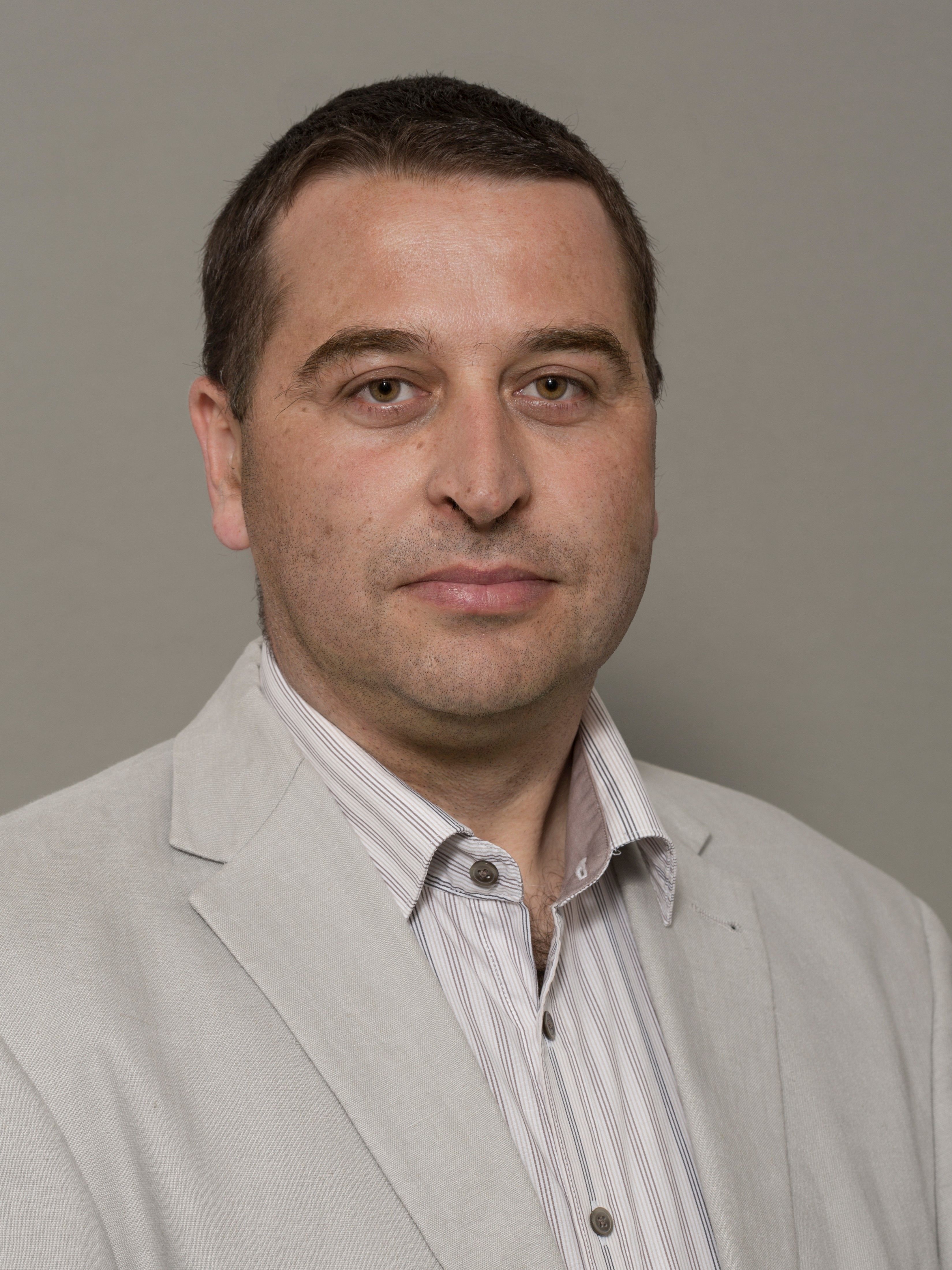
Research Group Leader: Balázs Egyed, Assistant Professor
TTK Institute of Biology, Department of Genetics
E-mail: egyed.balazs@ttk.elte.hu
Phone: +36-1-372-2500/8686
The Natural Traces program aims to coordinate forensic science education, research, and activities across member states. This project focuses on securing and analyzing biological evidence related to crimes, developing examination methods, interpreting results, and linking crime scenes and individuals. Through the program, 10 PhD students will receive specialized training in forensic life sciences. Participants will gain practical experience through academic and non-academic partners, as well as forensic institutes, learning both qualitative and quantitative analysis of natural traces and biological evidence. To date, there has been no postgraduate-level education in applied forensic sciences within the European Union, making this initiative a pioneering effort in the field.
Intrinsically disordered proteins in health and disease – H2020 MSCA Doctoral Networks 2022

Research Group Leader: Zsuzsanna Dosztányi, Senior Research Fellow
TTK Institute of Biology, Department of Biochemistry
MTA-ELTE "Lendület" Bioinformatics Research Group
E-mail: zsuzsanna.dosztanyi@ttk.elte.hu
Phone: +36-1-372-2500/8537
Up to 40% of the human proteome exists in disordered, dynamic ensembles of states essential for function. These so-called intrinsically disordered proteins (IDPs) – or intrinsically disordered regions (IDRs) – play crucial roles in numerous biological processes. They mediate tens of thousands of protein-protein interactions and contribute to cellular homeostasis by ensuring protein network fidelity, regulating cell signaling, scaffolding, transcription, membrane-less organelles, and more. The dysregulation of IDPs is associated with various severe diseases.
To address fundamental questions in IDP research and disease mechanisms, we present IDPro – Intrinsically Disordered Proteins in Health and Disease: Mechanisms, Molecular Context, and Opportunities for Drug Discovery. IDPro is a unique network comprising nine beneficiaries (eight academic and one industrial) and five partner organizations (four industrial and one academic) from seven different countries, all with outstanding expertise in protein research and supervision.
Bicyclos – HORIZON MSCA Staff Exchanges 2022
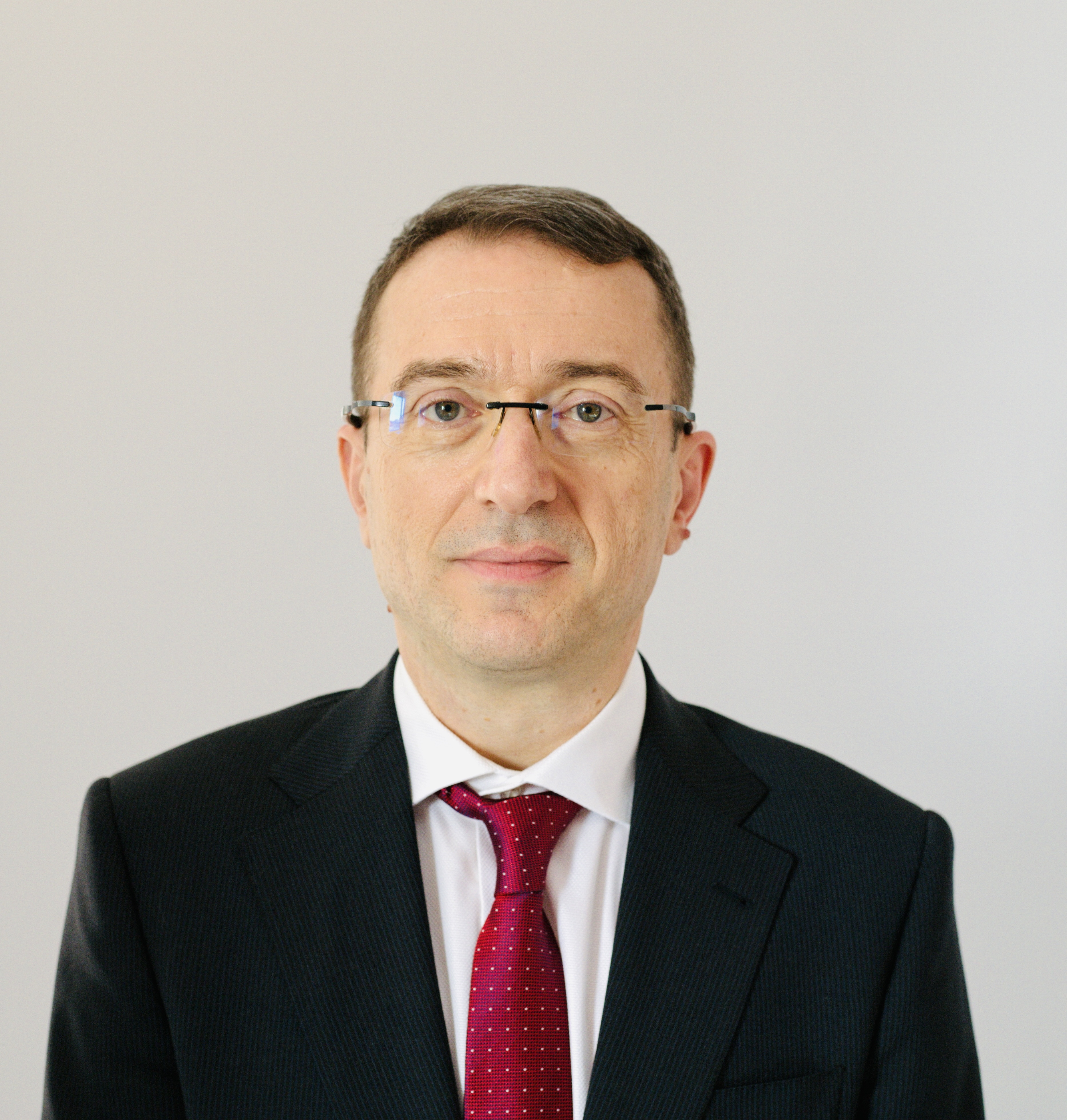 Research Group Leader: Viktor Mihucz, Habilitated Associate Professor
Research Group Leader: Viktor Mihucz, Habilitated Associate Professor
TTK Institute of Chemistry, Department of Analytical Chemistry
E-mail: viktor.mihucz@ttk.elte.hu
Phone: +36-1-372-2500
Cyclodextrins (CDs) have already gained numerous market applications as excipients in pharmaceuticals and vaccines. However, despite their most promising properties, the clinical application of novel CDs as drugs or drug delivery systems remains challenging. This is primarily due to the lack of knowledge transfer between research communities focusing on biomedical applications of CDs and the private sector.
To bridge this gap, the project aims to facilitate intensive knowledge exchange between early-career and experienced researchers. The activities will focus on: Designing sustainable synthesis methods for novel CDs, Comprehensive characterization of newly functionalized CDs,Development of CD-based therapeutic delivery systems, and Investigating the biological behavior of CD-based nanomedicines using 2D and 3D models.
QUEST – HORIZON WIDERA 2023 Acces-02 (Consortium Leadership)
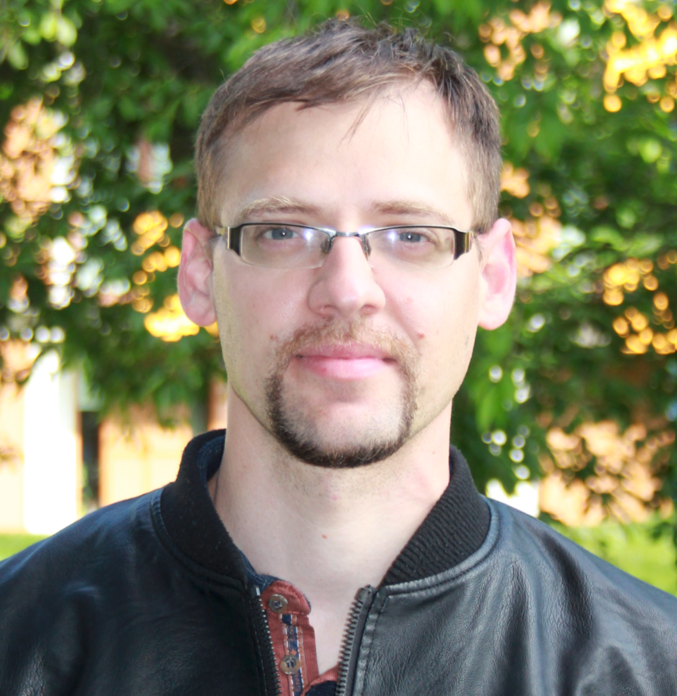 Research Group Leader: Viktor Ivády, Assistant Professor
Research Group Leader: Viktor Ivády, Assistant Professor
TTK Institute of Physics and Astronomy, Department of Physics of Complex Systems
E-mail: ivady.viktor@ttk.elte.hu
Phone: +36-1-372-2500/6570
IDP2Biomed – HORIZON WIDERA 2023 Access-02 (Consortium Leadership)
 Research Group Leader: Zsuzsanna Dosztányi, Senior Research Fellow
Research Group Leader: Zsuzsanna Dosztányi, Senior Research Fellow
TTK Institute of Biology, Department of Biochemistry
MTA-ELTE "Lendület" Bioinformatics Research Group
E-mail: zsuzsanna.dosztanyi@ttk.elte.hu
Phone: +36-1-372-2500/8537
The DP2Biomed project brings together three outstanding research groups with ELTE’s teams to advance the study of intrinsically disordered proteins (IDPs). This network provides an ideal platform for fostering scientific breakthroughs and unlocking the innovation and translational potential of this unique protein class, with a focus on IDPs directly involved in major socio-economic diseases, such as neurodegenerative disorders.
Researchers will integrate IDP-related information with biomedical data to enhance the understanding of their function in both healthy and diseased states. This approach aims to uncover new pathways for modulating IDP behavior in pathological conditions. The project also places a strong emphasis on strengthening collaborations with scientific and industrial partners both locally and across the European Union.
TRILMAX – HORIZON WIDERA 2023 Access-02 (Consortium Leadership)
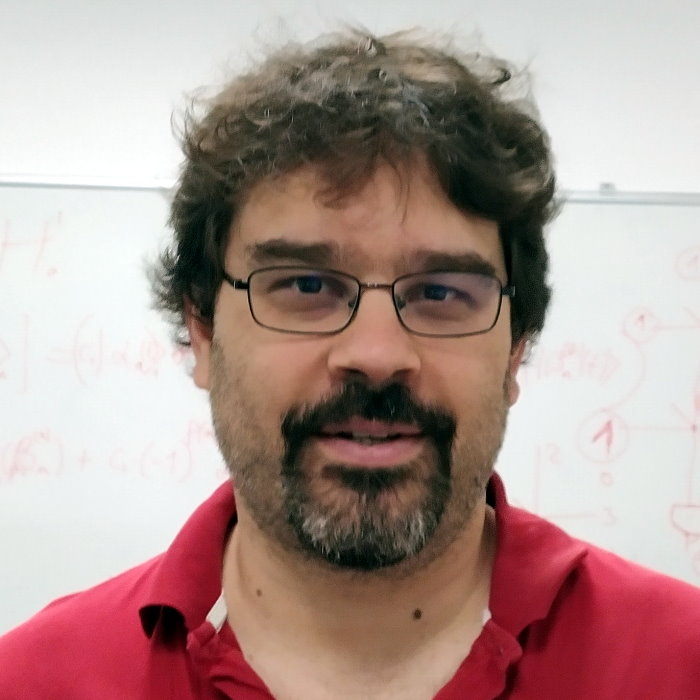 Research Group Leader: László Oroszlány, Assistant Professor
Research Group Leader: László Oroszlány, Assistant Professor
TTK Institute of Physics and Astronomy, Department of Physics of Complex Systems
E-mail: oroszl@elte.hu
Phone: +36-1-372-2500/6574
The Trilateral Magnetic Exchange consortium aims to enhance ELTE’s research and innovation (R&I) capacity through the study of low-dimensional magnetic systems. The project enables ELTE to collaborate with leading European research centers, including the Helmholtz-Zentrum Berlin für Materialien und Energie in Germany and the Universidad de Oviedo and Universitat de Valencia in Spain. This collaboration will allow ELTE to contribute to one of the most rapidly advancing fields in solid-state physics.
A secondary objective of the consortium is to strengthen ELTE’s scientific support capabilities, fostering international research cooperation and innovation.
PHYMOL – H2020 MSCA Doctoral Networks 2021

Research Group Leader: Attila Császár, Professor, Doctor of the Hungarian Academy of Sciences
TTK Institute of Chemistry, Department of Physical Chemistry
E-mail: attila.csaszar@ttk.elte.hu
Phone: +36-1-372-2500/1629
The project investigates next-generation molecular potentials for physics and chemistry.
QRC-4-ESP – HORIZON EIC Pathfinderopen 2023
 Research Group Leader: Viktor Ivády, Assistant Professor
Research Group Leader: Viktor Ivády, Assistant Professor
TTK Institute of Physics and Astronomy, Department of Physics of Complex Systems
E-mail: ivady.viktor@ttk.elte.hu
Phone: +36-1-372-2500/6570
The QRC-4-ESP project aims to develop the world's first quantum reservoir computing systems based on superconducting qubits and silicon carbide (SiC) defect qubits. This new QRC technology offers a 100-1000-fold increase in processing speed and a 1000-10,000-fold reduction in energy consumption compared to classical machine learning systems. Additionally, it enables pioneering microwave-based outdoor quantum communication and the development of optical-range, fiber-networked quantum sensors.
VOIMA – H2020 ERC Starting Grant 2020 (Consortium Leadership)

Research Group Leader: Attila Andics, Senior Research Fellow
TTK Institute of Biology, Department of Ethology, Neuroethology Research Group
E-mail: attila.andics@ttk.elte.hu
Phone: +36-1-372-2500/1075
The research project investigates the perceptual and neural mechanisms of vocalization processing in humans, dogs, and pigs using ethological and brain imaging methods. It explores: The nature and organizational principles of vocalization selectivity (WP1), the effects of experience with human vocalizations in newborn and young dogs and pigs (WP2), individual differences in vocalization sensitivity, analyzing neuroanatomical and genetic diversity in dogs (WP3). The study contributes to a better understanding of neurodevelopmental disorders associated with vocal processing impairments and sheds light on how language shapes the human auditory processing system.
BSM4BSMs – HORIZON MSCA Pathfinderopen 2023 (Consortium Leadership)
 Research Group Leader: Racha Cheaib
Research Group Leader: Racha Cheaib
TTK Institute of Physics and Astronomy
E-mail: racha.cheaib@ttk.elte.hu
Employing LHCb Run1+2+3 data, this proposal will measure a key observable R(Lambda_c), that has sensitivity to Beyond the Standard Model physics.
DCMH – HORIZON MSCA Pathfinderopen 2023 (Consortium Leadership)

Project Leader: Ilja Geraszimov
TTK Institute of Chemistry, Reaction Kinetics Laboratory
E-mail: ilya.gerasimov@ttk.elte.hu
The most promising carbon-free fuels are hydrogen and H2/NH3 mixtures. The project's goal is to expand the ReSpecTh data collection with all newly published experimental data and other laboratory measurement results, such as extinction limits.
Following this, researchers will develop a new fundamental chemical kinetic mechanism for hydrogen combustion, incorporating the latest directly measured and theoretically computed rate coefficients of the H/O system. The model will also integrate newly proposed mechanistic approaches, including updated third-body efficiency parameters and their nonlinear mixing model, new diffusion parameters, and reactive termolecular reactions.
B-SHAPES – HORIZON-CL2-2022-HERITAGE-01-03
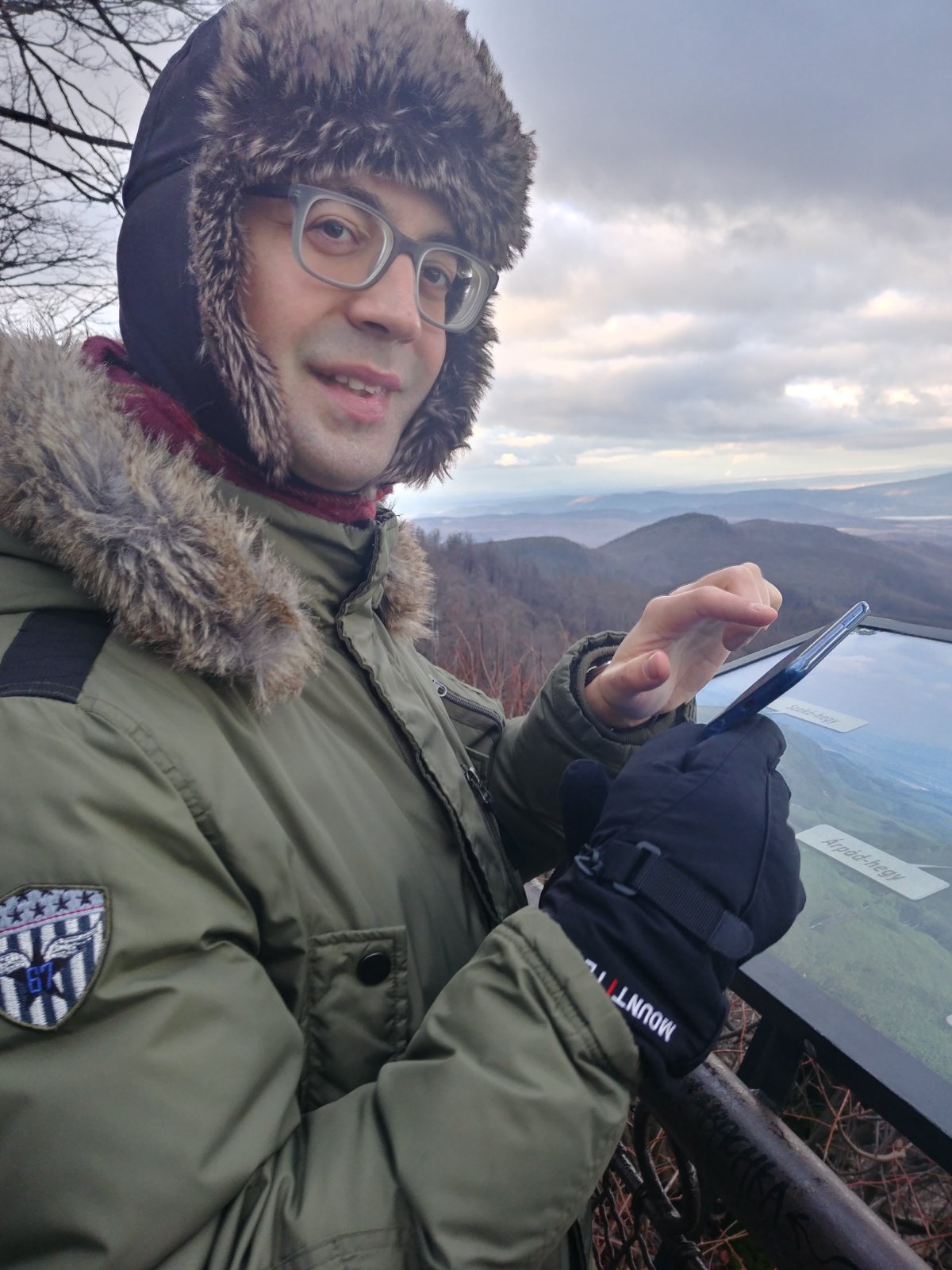
Research Group Leader: Péter Balogh, Assistant Professor
TTK Institute of Geography and Earth Sciences, Department of Social and Economic Geography, Geographical Research Center
E-mail: peter.balogh@ttk.elte.hu
Phone: +36-1-372-2500/8011
The project "The Impact of Borders on European Social Perceptions" examines the renewed significance of borders in Europe and highlights the experiences of border regions for national policies related to cultural heritage.
FARBES – HORIZON-CL4-2022-SPACE-01-62
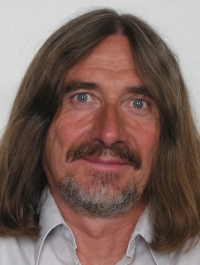
Research Group Leader: János Lichtenberger, Professor, Doctor of the Hungarian Academy of Sciences
TTK Institute of Geography and Earth Sciences, Department of Geophysics and Space Sciences, Earth Sciences Center, Space Research Group
E-mail: lityi@sas.elte.hu
Phone: +36-1-372-2500/6654
The FARBES project aims to provide simple and accessible forecasts of space weather events, ensuring direct access for satellite operators. The project involves five European and one North American institution.
Screening of inFlammation to enable personalized Medicine – H2020-FETOPEN-01-2018-2019-2020
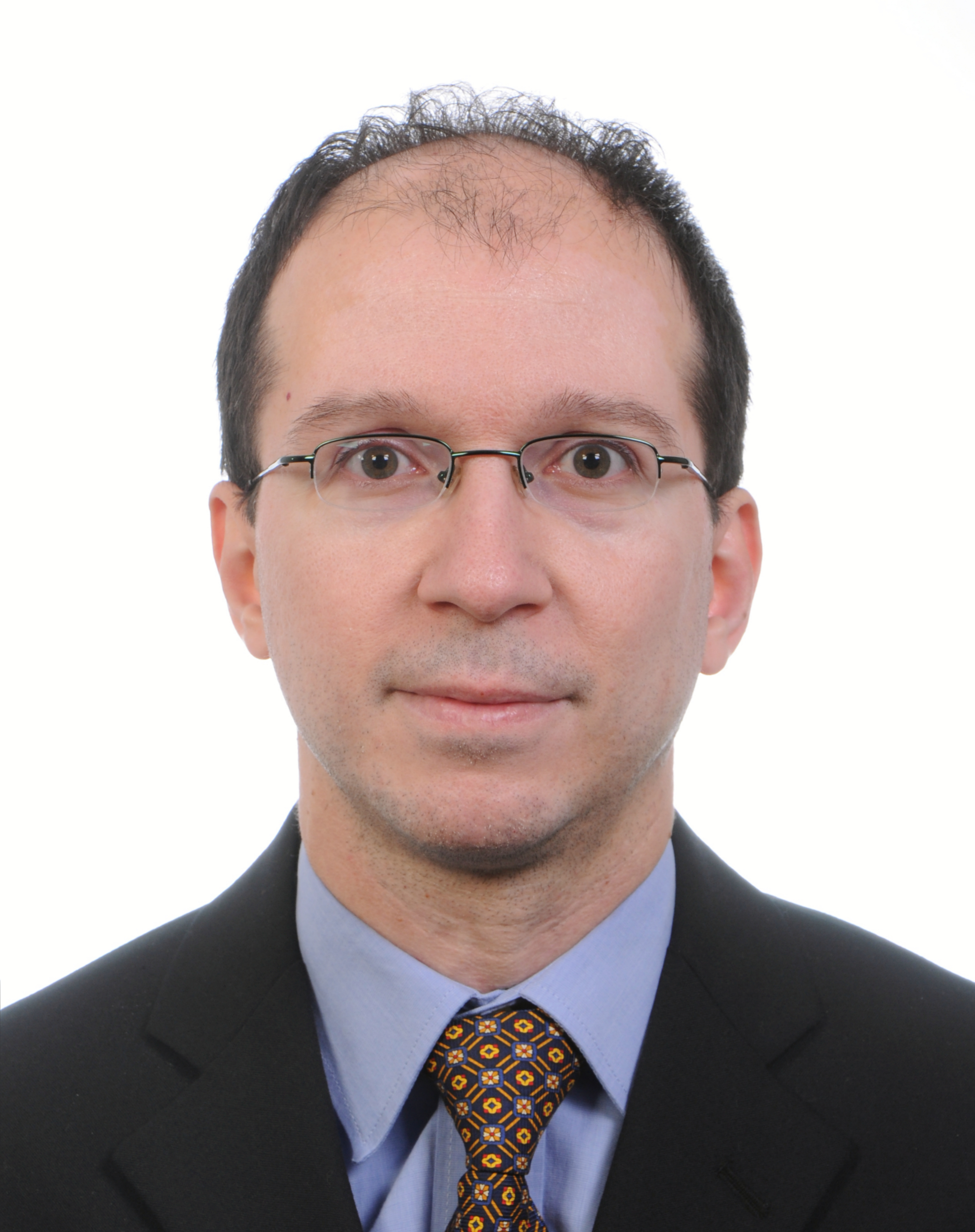
Research Group Leader: Mihály Józsi, Professor
TTK Institute of Biology, Department of Immunology, MTA-ELTE Complement Research Group
E-mail: mihaly.jozsi@ttk.elte.hu
Phone: +36-1-372-2500/8661
Incurable kidney diseases, eye disorders, infectious diseases, and autoimmune conditions place a significant burden on society. Many of these diseases are linked to the dysregulation of the complement system, a key effector branch of innate immunity. Complement factor H (FH) and FH-related (FHR) proteins are strongly associated with these systemic and organ-specific pathologies. However, unlike FH, the biological functions of the highly homologous FHR proteins remain largely unknown.
The main goal of this project is to gain insights into the role of the FH protein family in disease development, paving the way for new diagnostic and therapeutic approaches. Researchers will develop a pioneering multiplex detection technique to quantify all seven FH protein family members while simultaneously analyzing their functional activity in patient samples.
QDMAP – H2020 MSCA Postdoctoral Fellowship 2022

Grant Recipient: Ayaki Sunaga
Scientific Supervisor: Edit Mátyus
TTK Department of Physical Chemistry, Molecular Quantum Dynamics Research Group
E-mail: sunaga.ayaki.5x@kyoto-u.ac.jp
Phone: +36-1-411-6500/1203
The project investigates the magnetic interactions and parity-violating interactions in floppy systems induced by nuclear spins, based on electron correlation theory. It aims to develop a new, exact quantum dynamics (QD) methodology and determine molecular properties, such as spin-rotation constants and PV energy. The objectives include:Formulation, implementation, and application of QD for magnetically interacting systems, theoretical development of the method for methanol-like molecules, and application to chiral methanol-like molecules. The proposed quantum dynamics methodology will enable a complete description of quantum nuclear motion in molecular systems.
INFLANET – H2020 MSCA Innovative Training Networks 2020
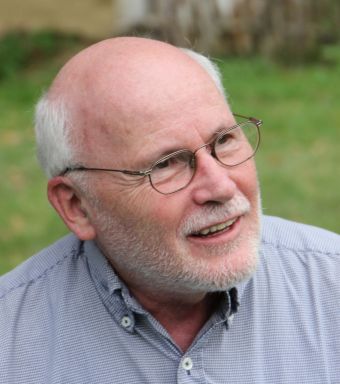
Research Group Leader: Tamás Vicsek, Professor Emeritus, Full Member of the Hungarian Academy of Sciences
TTK Institute of Physics and Astronomy, Department of Biological Physics
E-mail: vicsek@caesar.elte.hu
Phone: +36-1-372-2500/6355
The INFLANET consortium is dedicated to the complex study of inflammation, a crucial biochemical process. The research focuses on understanding how cells move together during this pathological process, which is a major factor in widespread diseases and even in COVID-19 infections. The ultimate goal is to explore therapeutic possibilities based on these findings.
To achieve this, the project employs a novel omics approach, searching through vast databases for characteristic patterns of biomolecules responsible for the structure, function, and dynamics of inflammation. The team will also use state-of-the-art intravital imaging techniques in animal models to investigate the molecular and cellular mechanisms of pathological inflammation and the effects of anti-inflammatory drugs.
Additionally, the study examines the genetic foundations of inflammation and potential therapeutic strategies. Another key objective of the project is to develop new mathematical models for analyzing the extensive datasets generated by this research.
SWATNET – H2020 MSCA Innovative Training Networks 2020
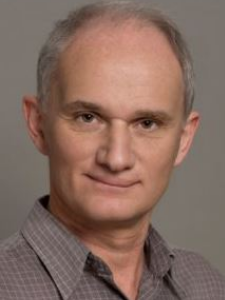
Research Group Leader: Kristóf Petrovay, Professor, Doctor of the Hungarian Academy of Sciences
TTK Institute of Physics and Astronomy, Department of Astronomy
E-mail: K.Petrovay@astro.elte.hu
Phone: +36-1-372-2500/6621
The SWATNet project trains 12 PhD students in heliophysics, under the supervision of experienced researchers in a predominantly international and interdisciplinary research environment. The consortium consists of 15 members from 7 countries, including industrial partners engaged in innovative research and development, making up one-third of the participants.
The PhD projects focus on the analysis and prediction of solar activity, solar eruptions, and high-energy particles accelerated by these eruptions. Students will work with cutting-edge observational data and research techniques, including state-of-the-art numerical simulations of the solar corona and inner heliosphere, as well as machine learning-based analysis methods.
All students will receive training in solar observations at a partner observatory and will participate in 1-3 months of industrial training to gain practical experience in applied research environments.
BY-COVID – HORIZON-INFRA-2021-EMERGENCY-01
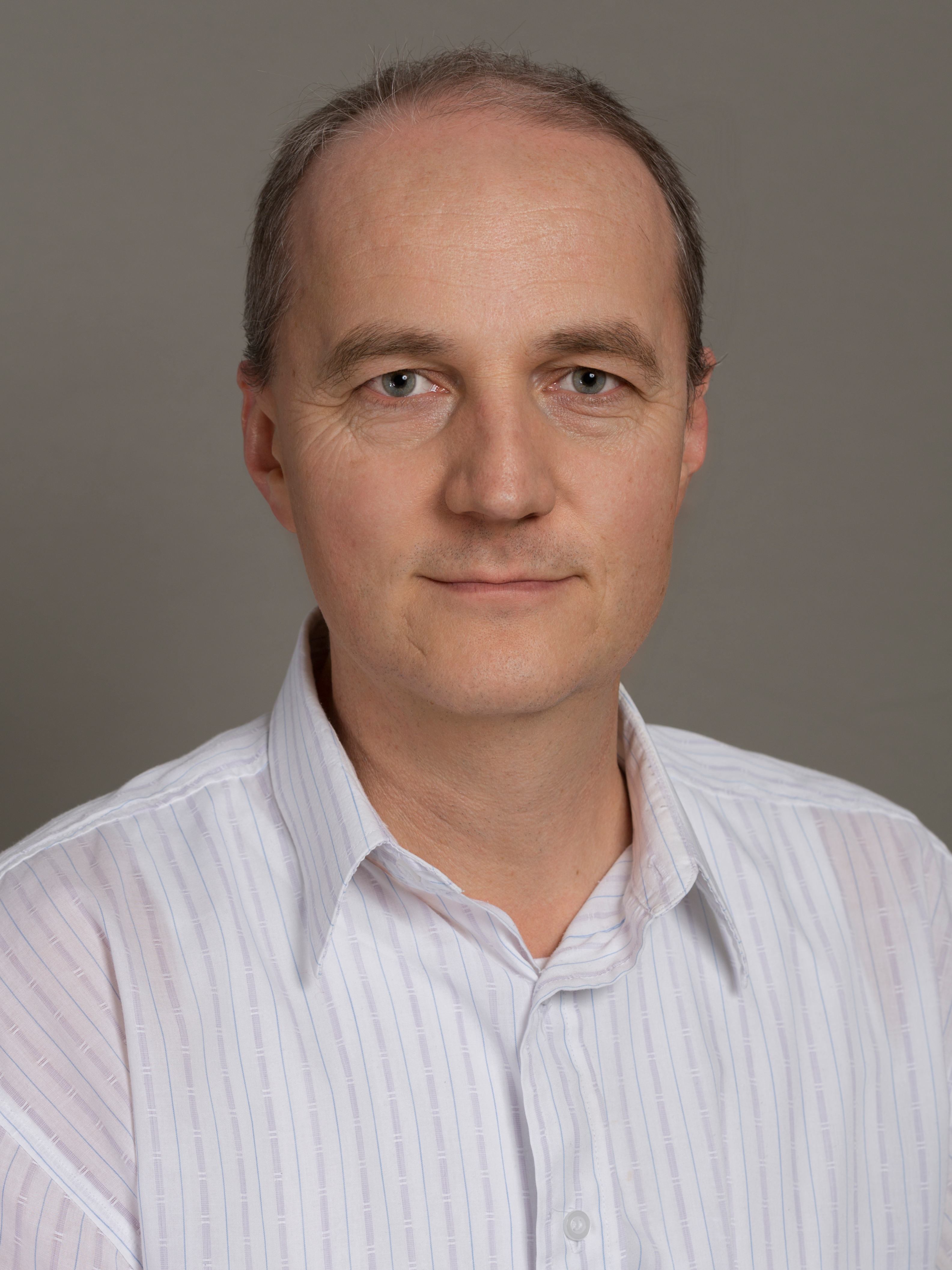
Research Group Leader: István Csabai, Professor, Corresponding Member of the Hungarian Academy of Sciences
TTK Institute of Physics and Astronomy, Department of Physics of Complex Systems
E-mail: csabai@complex.elte.hu
Phone: +36-1-372-2500/6576
The "Beyond COVID" project promotes the use and reuse of data by integrating FAIR open data into workflow environments, ensuring access to analysis and visualization tools, and fostering trust and reproducibility through quality assurance mechanisms.
Experts from BY-COVID support external stakeholders in data management and preparation for publication via the COVID-19 data platform. The usability of the project's services will be demonstrated through use cases reflecting the evolving research questions that have emerged during the pandemic.
Virtual Observatory for Epidemic Prevention and Control – H2020-SC1-BHC-2018-2020-2019
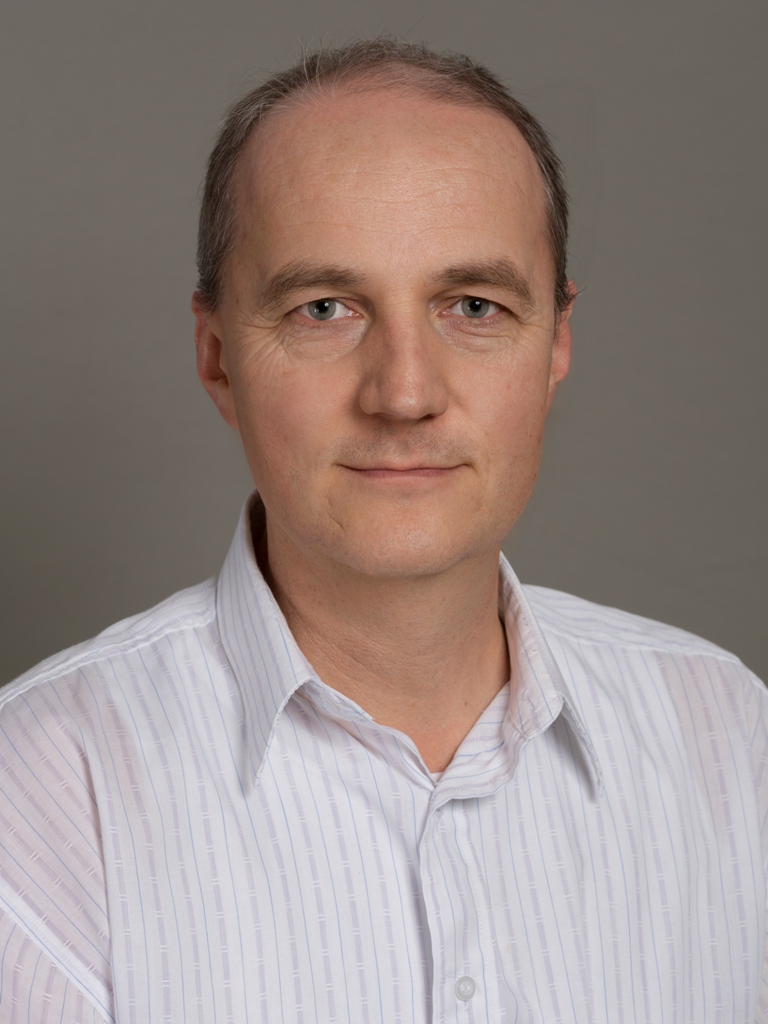 Research Group Leader: István Csabai, Professor, Corresponding Member of the Hungarian Academy of Sciences
Research Group Leader: István Csabai, Professor, Corresponding Member of the Hungarian Academy of Sciences
TTK Institute of Physics and Astronomy, Department of Physics of Complex Systems
E-mail: csabai@complex.elte.hu
Phone: +36-1-372-2500/6576
The program aims to develop a versatile forecasting and tracking system (VEO), serving as an interactive tool for evidence-based early prediction of epidemics. Researchers will leverage Big Data analysis to identify threats posed by infectious diseases driven by climate change and other factors, enabling risk assessment and supporting healthcare policymakers and researchers.
POLYQUANT – ERC Starting Grant
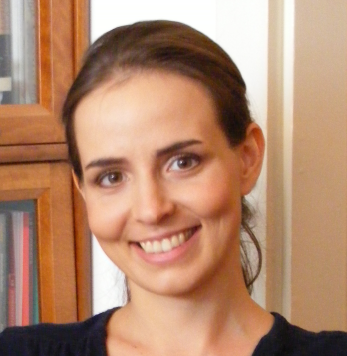 Research Group Leader: Edit Mátyus, Associate Professor
Research Group Leader: Edit Mátyus, Associate Professor
TTK Department of Physical Chemistry, Molecular Quantum Dynamics Research Group
E-mail: matyus@chem.elte.hu, edit.matyus@ttk.elte.hu
Phone: +36-1-411-6500/1203
The POLYQUANT project aims to enable ultra-precise calculations of the spectroscopic properties of small molecules. By leveraging high-precision measured and computed spectroscopic properties, the project provides an opportunity to investigate previously neglected or unknown physico-chemical factors, uncertainties in physical constants, and even, in the long term, the potential discovery of new physical effects.
(Source and more infromation https://www.elte.hu/horizont-europa)
Completed Research Projects
GalNUC – ERC
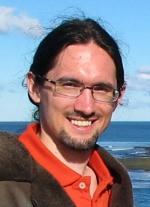
Research Group Leader: Bence Kocsis, Assistant Professor
TTK Institute of Physics, Department of Atomic Physics
E-mail: bkocsis@gmail.com
Phone: +36-1-411-6500/1433, 1426
The research project "Astrophysical Dynamics and Statistical Physics of Galactic Nuclei", launched in August 2015 by a former NASA fellow, focused on the innermost regions of galaxies, known as galactic nuclei. Bence Kocsis's research interests lie in astrophysical general relativity and stellar dynamics, with particular attention to black holes, gravitational wave sources, accretion disks, and dense star clusters.
The project explored galactic nuclei using novel methods. These nuclei are dense, crowded regions around supermassive black holes, teeming with stars and black holes. The research group introduced an interdisciplinary approach to describing these astrophysical systems and demonstrated that galactic nuclei can be interpreted as giant liquid crystals, capable of undergoing phase transitions. The team investigated the far-reaching implications of these transitions and built a dedicated GPU-based computer cluster to perform the necessary calculations.
Cognitive Ageing in Dogs – ERC Starting Grant
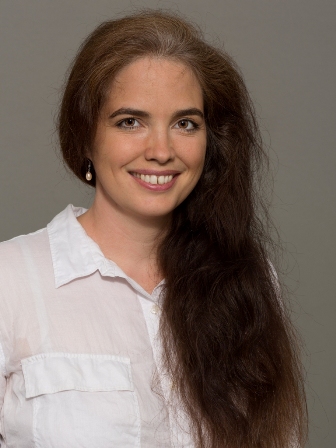
Reconstructing a dated tree of life using phylogenetic incongruence – ERC Starting Grant
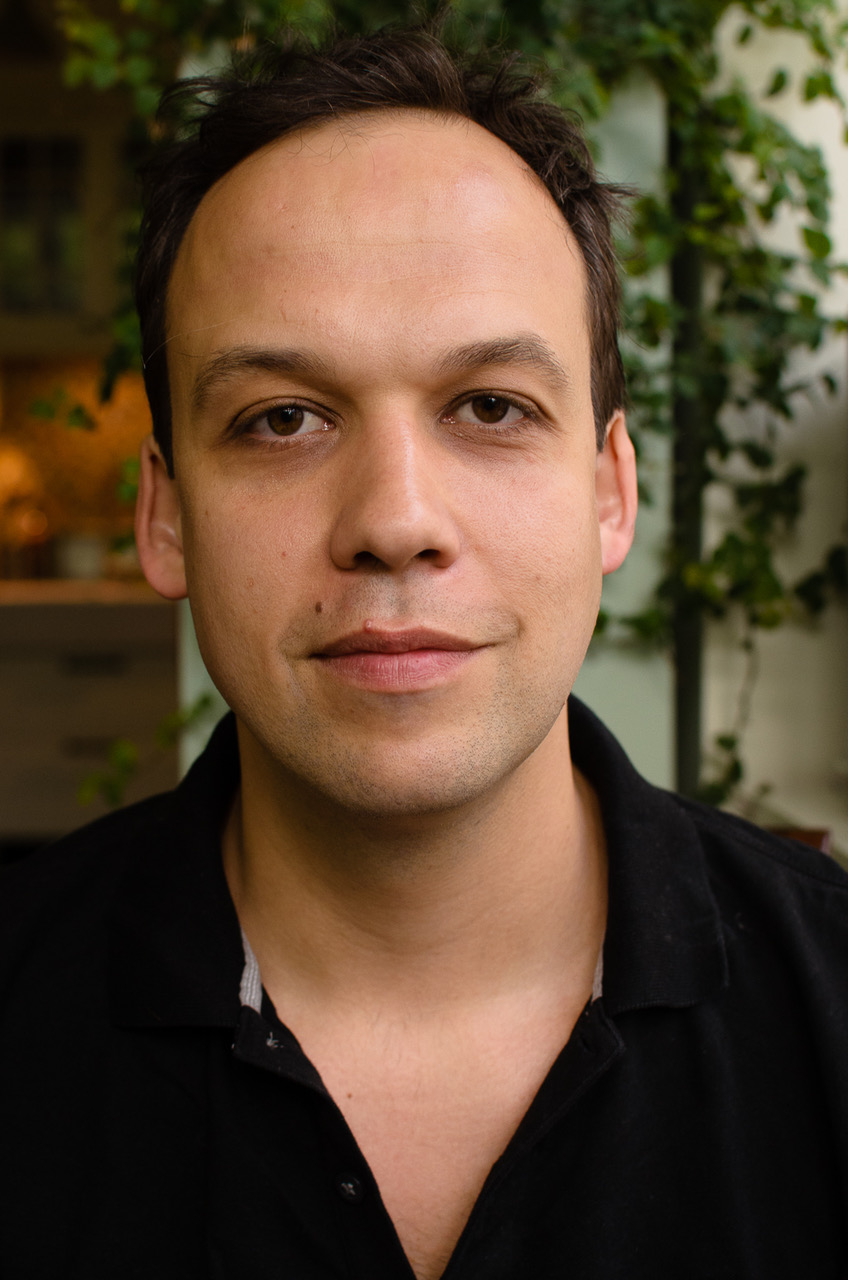
Research Group Leader: Gergely János Szöllősi, Senior Research Fellow
TTK Institute of Physics, Department of Biological Physics, MTA-ELTE "Lendület" Evolutionary Genomics Research Group
E-mail: ssolo@elte.hu
Phone: +36-1-372-2795 (Department of Biological Physics)
The project, launched in July 2017, aimed to develop new methods for reconstructing deep evolutionary history based on genetic sequences over a five-year period. The first goal was to create methods for interpreting differences between gene trees, extracting information about gene evolution patterns and timelines. This enabled, for the first time, a dated, genome-wide reconstruction of the tree of life. The second objective was to apply these methods to open evolutionary questions. For example, by using horizontal gene transfer (HGT) events as "molecular fossils," the research sought to resolve uncertainties in microbial evolutionary timelines in connection with Earth’s history. Additionally, the project aimed to answer long-standing questions using whole-genome data, such as the early diversification of animals and the placement of eukaryotic groups within archaea.
HJMIGRA – H2020 MSCA Reintegration Grant
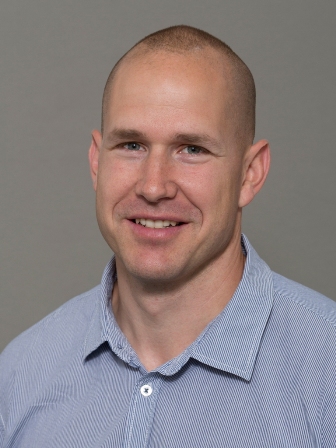
MAGICBULLET – H2020 MSCA Innovative Training Networks
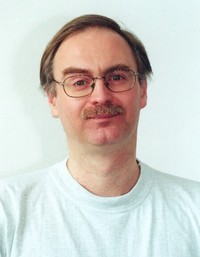
ENeRAG – H2020-Widespread-Twinning
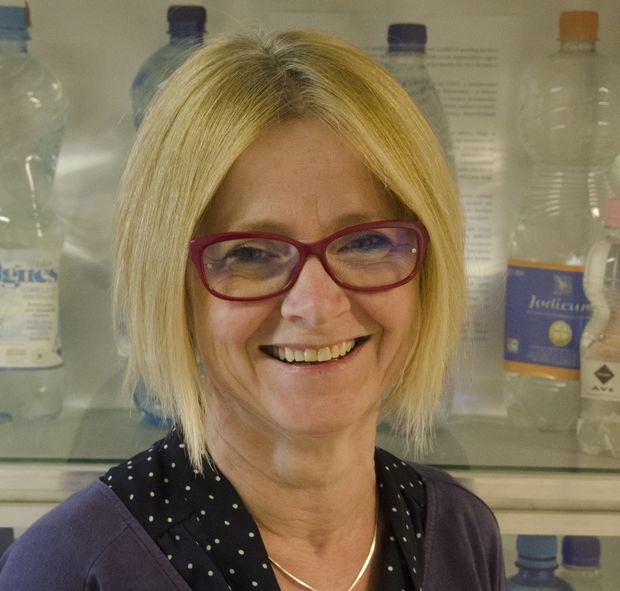
Research Group Leader: Judit Mádlné Szőnyi, Habilitated Associate Professor
TTK Institute of Geography and Earth Sciences, Department of General and Applied Geology
E-mail: szjudit@ludens.elte.hu
Phone: +36-1-411-6500/1775
The ENeRAG (Excellency Network Building for Comprehensive Research and Assessment of Geofluids) project aimed to strengthen research and innovation capacity in the field of subsurface fluids at ELTE. This research area already had a strong foundation at ELTE, supported by the Tóth József and Erzsébet Hydrogeology Chair, the Department of General and Applied Geology, the Department of Mineralogy, and the Department of Geophysics and Space Science, as well as their extensive international collaborations. The consortium was led by ELTE, with members including the Geological Survey of Finland and the University of Milan. Additionally, seven industrial partners participated in the project, including geothermal companies, spa enterprises, and agencies dealing with water and mineral resources.
RED-Alert – H2020

MAGICBULLET: Reloaded – H2020 MSCA Innovative Training Networks 2019
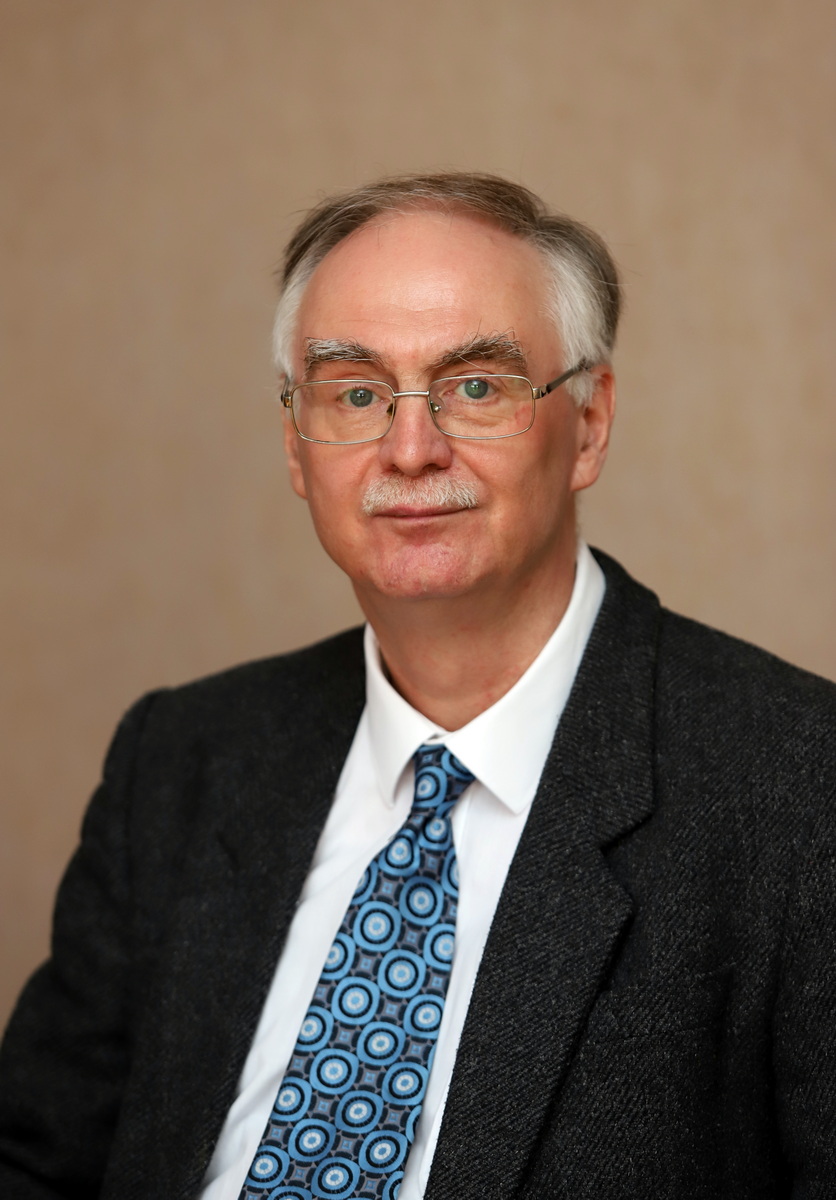
CountR – H2020-SU-FCT02-2018-2019-2020
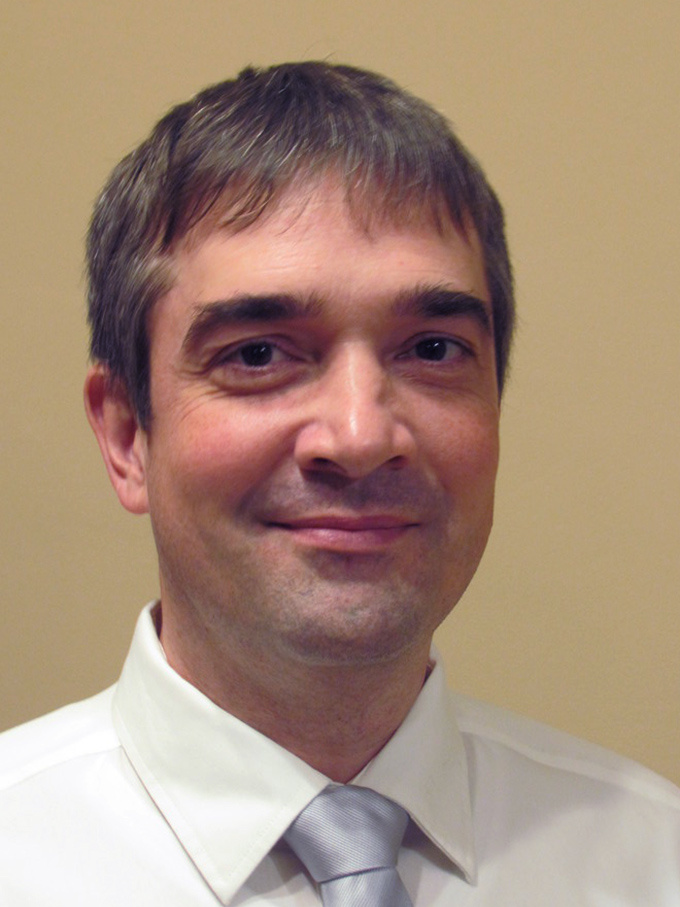
BactiVax – H2020 MSCA Innovative Training Networks 2019
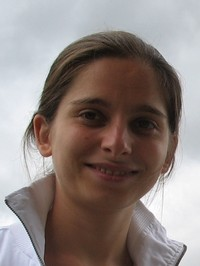
Research Group Leader: Kata Horváti, Senior Research Fellow
TTK Institute of Chemistry, Department of Organic Chemistry, Peptide Chemistry Research Group
E-mail: khorvati@elte.hu
Phone: +36-1-372-2500/1409
The consortium aimed to develop vaccines for the prevention and treatment of chronic diseases caused by resistant bacteria. The project brought together renowned experts in vaccinology, microbiology, immunology, protein, and peptide chemistry from leading European universities and research institutes. Notably, Pfizer and Atlas Molecular Pharma joined the consortium, offering PhD students industrial training opportunities during their research. As part of the program, 15 PhD positions were announced in 2019.
iNEXT-Discovery – H2020-INFRAIA-2018-2020
 Research Group Leader: András Perczel, Professor, Full Member of the Hungarian Academy of Sciences
Research Group Leader: András Perczel, Professor, Full Member of the Hungarian Academy of Sciences
TTK Institute of Chemistry, Department of Organic Chemistry
E-mail: perczel@chem.elte.hu
Phone: +36-1-372-2500/1653
The project's goal was to enhance the impact of structural biology in the fields of biomedical, biotechnological, food science, and bio-material research. The consortium brought together thirty renowned European structural biology partners, facilitating knowledge and equipment sharing. This included access to state-of-the-art X-ray synchrotrons, ultra-high-field NMR instruments, advanced cryo-electron microscopes, and molecular biophysics tools.
Driving functional characterization of intrinsically disordered proteins – H2020-MSCA-RISE-2017

Research Group Leader: Zsuzsanna Dosztányi, Senior Research Fellow
TTK Institute of Biology, Department of Biochemistry
MTA-ELTE "Lendület" Bioinformatics Research Group
E-mail: zsuzsanna.dosztanyi@ttk.elte.hu
Phone: +36-1-372-2500/8537
There is growing evidence that intrinsically disordered proteins (IDPs), which interact with multiple partners, play a crucial role in cellular regulation and disease development. Understanding their functions is therefore of great importance. The consortium partners have developed computational methods to identify IDPs. Using a recently published, curated IDP database, they aim to gain deeper insights into the functional roles of IDPs and their involvement in biological processes.

